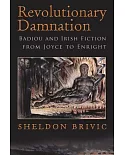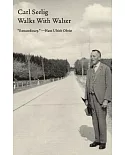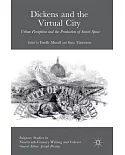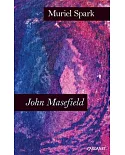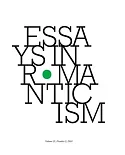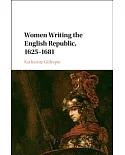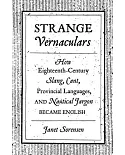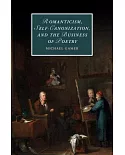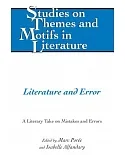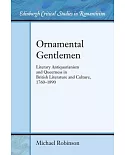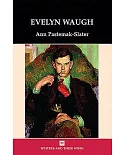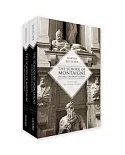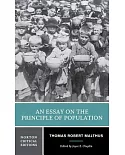The systematic illegal persecution and annihilation of political opponents of the 1979-1983 Argentine military dictatorship, commonly known today as the "Dirty War", became one of the main
themes of the nation's cinema after the regime's fall. In this study, while providing a detailed survey of the conditions of production of post-dictatorship Argentine cinema, the author focuses
on a selected corpus of films in order to explore how issues of memory, mourning and trauma, together with questions of gender and genre representation, have been dealt with in the cinema that
followed the advent of democracy in 1983. By means of a solid theoretical underpinning and the thorough textual analysis of some canonical films, such as La historia oficial and Sur, and others
less well known, for example En retirada, La amiga, El acto en cuesti�糧n, the book offers new insights into contemporary Latin American cinema. CONSTANZA BURUCA, having completed her PhD at the
University of Warwick, is an independent film producer in Caracas.


